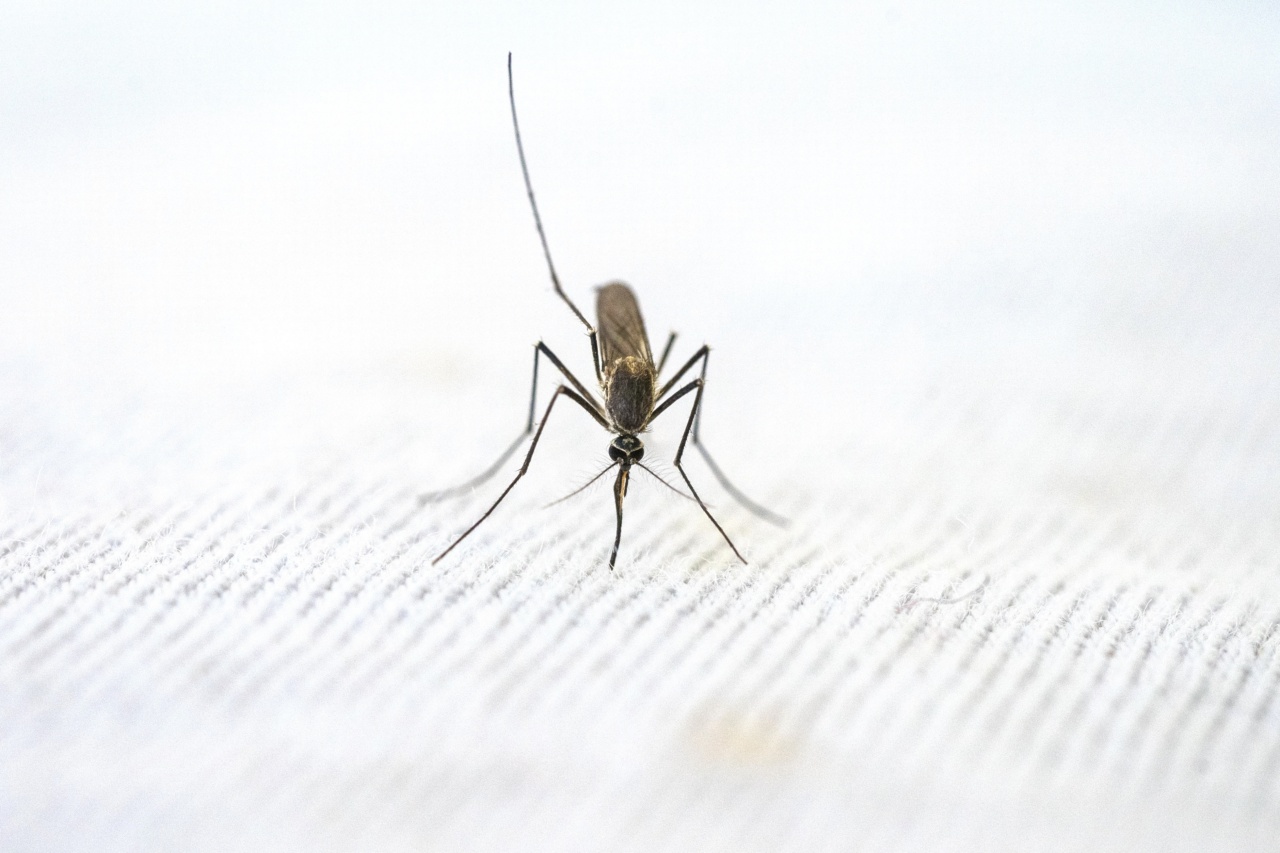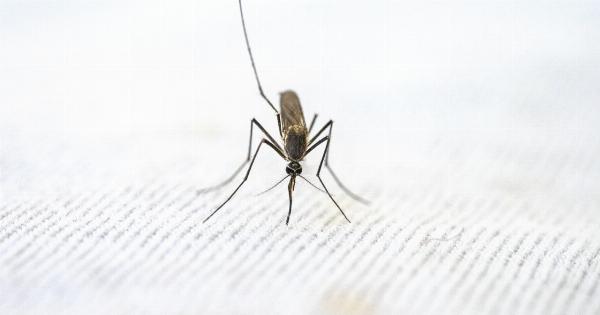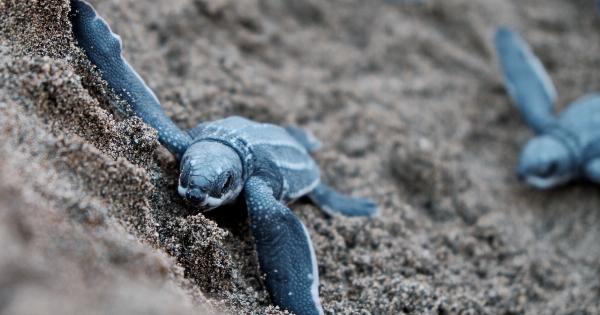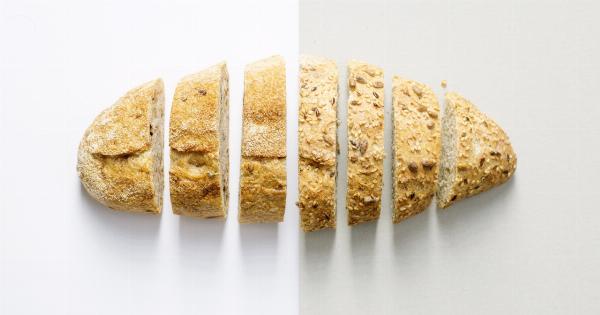Malaria is one of the deadliest diseases in the world, with an estimated 228 million cases and 405,000 deaths reported in 2018. It is caused by a parasite that is transmitted through the bites of infected mosquitoes.
Efforts to eradicate malaria have been ongoing for many decades, but progress has been slow and difficult due to the complexity of the disease and the inability to control the mosquito population.
The Solution
Researchers have been exploring various ways to combat malaria, and one promising solution is to genetically modify mosquitoes to eradicate the disease.
This approach involves altering the DNA of mosquitoes to make them unable to carry and transmit the malaria parasite.
The Genetic Modification Process
The genetic modification process involves introducing a gene into the mosquito genome that produces a protein that prevents the malaria parasite from growing and developing inside the mosquito.
The gene also causes the mosquito to produce a fluorescent protein that makes it easier to track and monitor the mosquito population.
The Results
Researchers have successfully created genetically modified mosquitoes that are resistant to the malaria parasite.
These mosquitoes have been tested in laboratory settings and have shown a significant reduction in the number of malaria parasites that can grow and develop inside the mosquito. This is a promising development in the fight against malaria, as it provides a new way to control the mosquito population and prevent the spread of the disease.
The Challenges
While genetically modified mosquitoes show great promise as a way to eradicate malaria, there are still some challenges that need to be overcome. One challenge is the cost of producing large numbers of genetically modified mosquitoes.
Another challenge is the potential for unintended consequences, such as the genetic modification affecting other species that feed on mosquitoes. These challenges will need to be carefully considered and addressed before genetically modified mosquitoes can be widely used to combat malaria.
The Future
The development of genetically modified mosquitoes is an exciting development in the fight against malaria.
As more research is conducted and more progress is made, it is hoped that this approach will become a key tool in the effort to eradicate the disease.
Conclusion
In conclusion, the creation of genetically modified mosquitoes is a major step forward in the fight against malaria.
While there are still challenges to be addressed, this technology provides a new and promising way to control the mosquito population and prevent the spread of the disease. With continued research and development, genetically modified mosquitoes may become an indispensable tool in the effort to eradicate malaria.




























